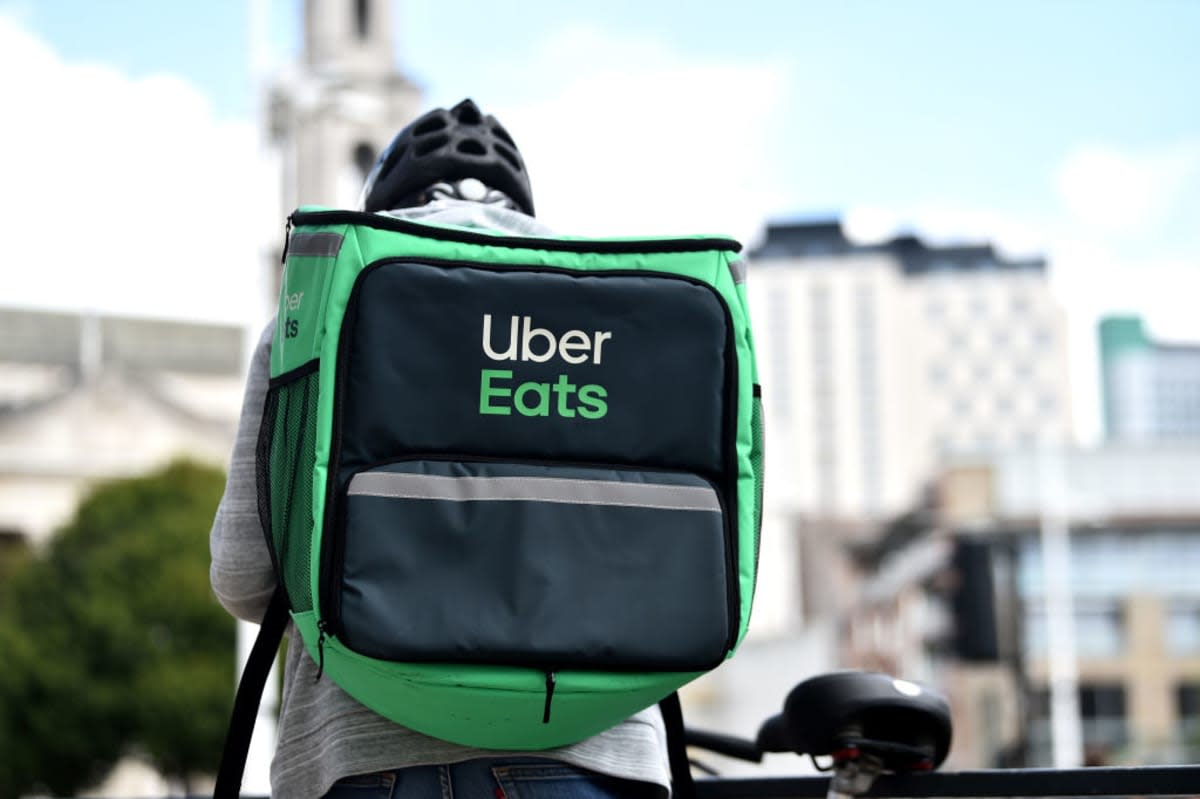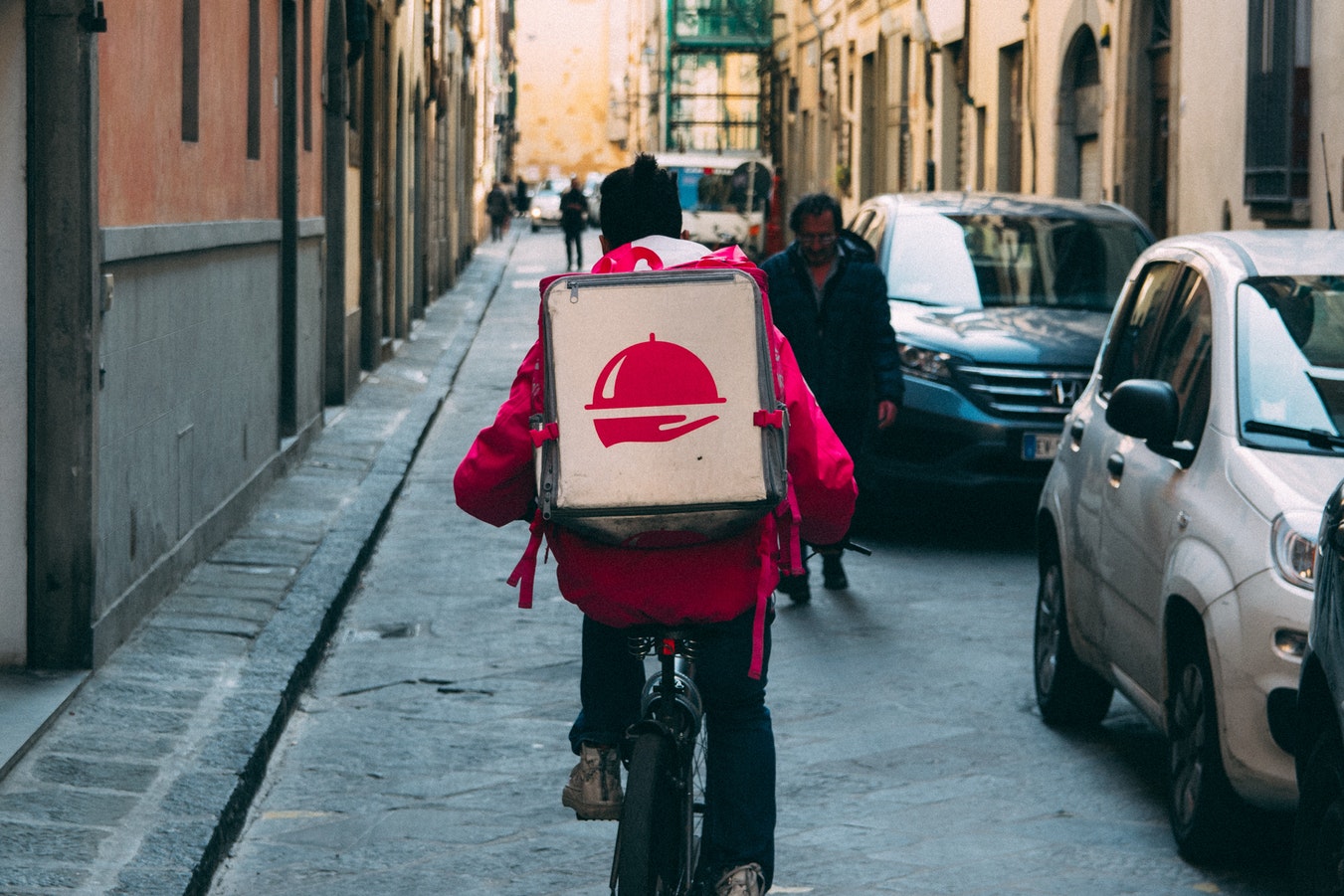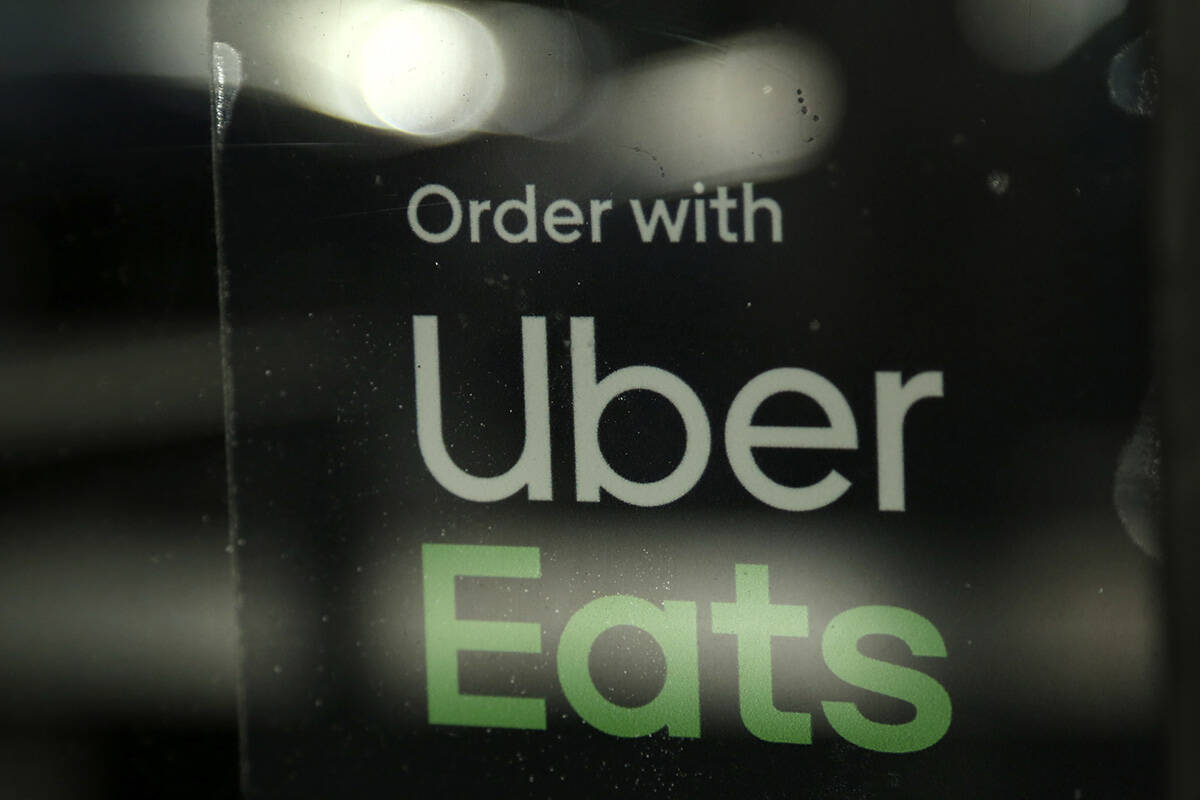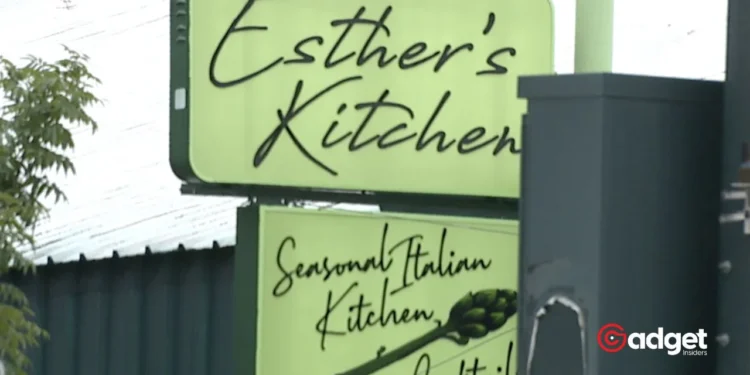Las Vegas—A groundbreaking class action lawsuit is stirring up the bustling restaurant scene in Las Vegas. Filed by a coalition of well-known local dining establishments, including Baby Stacks Café, Manizza’s Pizza, Esther’s Kitchen, and Gaetano’s Ristorante, the lawsuit accuses Uber Eats of fraud, defamation, and several other serious charges. The case has been brought before the Clark County courts, with implications that could echo throughout the food delivery industry.

A Dispute Over Identity and Quality
At the heart of the controversy is the claim that Uber Eats permitted the impersonation of these established businesses on its platform, leading to substandard meals being delivered under their names. “We think Uber needs to make up for the real harm they have caused in our community and to our neighbors,” asserted Kimball Jones, the attorney from Bighorn Law representing the aggrieved parties. According to the legal documents, Uber Eats failed to verify the authenticity of individuals claiming to represent these restaurants, thereby allowing impostors to profit off their reputations.

The Cost of Deception
The impact of these actions is profound, according to the complainants. “Uber itself was benefiting to the tune of 30% of all of these fraudulent transactions,” Jones disclosed. The complaint details how the real establishments suffered significant damage to their reputations and brands, given the inferior quality of the food and service provided by the impostors.
Uber Eats Responds
In response to the lawsuit, Uber Eats has expressed its stance, emphasizing its commitment to supporting small businesses, which are considered the “backbone” of its service. “Impersonating any restaurant is a clear violation of our terms and policies,” Uber Eats stated, assuring that it has removed these imposters and paused the onboarding of new virtual restaurants during a comprehensive review process.
Broader Implications for the Industry
The lawsuit sheds light on the growing concerns over identity verification within the food delivery sector and raises questions about the responsibilities of platforms like Uber Eats in safeguarding the interests of legitimate businesses. It also highlights the potential vulnerabilities businesses face in an increasingly digital marketplace.
Jones hinted at the broader scale of the problem, suggesting that around 1,000 restaurants might have been similarly victimized, with each entitled to $15,000 in damages if the lawsuit succeeds.
This case is not just about the claims of a few restaurants but is a significant moment for the entire industry, as it challenges major platforms to reconsider their operational and verification protocols. As the legal proceedings advance, all eyes will be on Las Vegas, a city known not only for its vibrant culinary scene but now also as a battleground for defining the accountability of digital platforms in the modern economy.
Food-delivery services @UberEats Expands to Kisumu https://t.co/QyJcphdixN via @TechMoran pic.twitter.com/LThyt1xGHN
— TechMoran.com (@TechMoran) April 29, 2024
Understanding the Legal Allegations: A Deep Dive into the Charges
The lawsuit filed against Uber Eats involves multiple charges, including fraud, conversion, defamation, civil RICO, racketeering, and negligence. Each of these allegations points to a systematic failure within Uber Eats’ operations, particularly concerning how the platform manages its restaurant listings and maintains quality control. By not implementing stringent verification processes, Uber Eats allegedly allowed unauthorized individuals to exploit the system for financial gain at the expense of established businesses.
The Community Reacts: Local Businesses and Customers Speak Out
The repercussions of these alleged actions extend beyond the courtrooms and into the very fabric of the Las Vegas community. Local restaurant owners and customers have expressed their dismay and concern over the trustworthiness of food delivery services. This lawsuit has sparked a broader dialogue about the need for transparency and accountability in digital platforms that have become integral to the restaurant industry.
Looking Ahead: What This Means for the Future of Food Delivery
This lawsuit could set a precedent for how food delivery companies manage their operations and protect consumer trust. As digital platforms become more entrenched in daily commerce, the necessity for robust verification processes and authentic representations becomes increasingly critical. For Uber Eats and its competitors, this might mean overhauling how they onboard new establishments and monitor ongoing compliance with their standards.
Moreover, this case could inspire legislative changes aimed at tightening regulations around online food delivery services, ensuring that they can no longer operate at a distance from the consequences of their business practices.

Conclusion: A Landmark Case with Industry-Wide Implications
As this legal battle unfolds, it serves as a cautionary tale for all stakeholders in the digital economy about the importance of ethical business practices and the need for vigilant oversight. The outcome of this lawsuit could very well reshape the operational frameworks of food delivery services and restore faith in these platforms as reliable conduits between restaurants and their patrons.
The Las Vegas restaurant lawsuit against Uber Eats is more than just a legal dispute; it is a pivotal moment that could redefine industry standards and reinforce the need for integrity in the age of digital commerce. As developments continue, both businesses and consumers will be watching closely, eager to see how this case might promote a fairer, more trustworthy marketplace.










